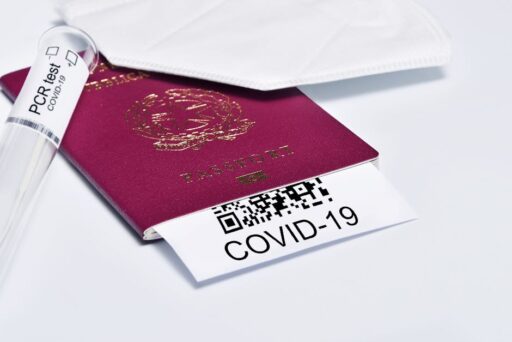Navigating Prenatal Vitamins: A Guide for Expecting Mothers
Photo Credit: © Bernd Esche | Dreamstime Stock Photos © Bernd Esche | Dreamstime Stock Photos
By Lauren Bryl, MS, Certified Genetic Counselor, MotherToBaby IL
As we recognize National Birth Defects Prevention Month, you might find yourself in the pharmacy aisle, overwhelmed by the myriad choices of prenatal vitamins. It’s commendable that you’re considering this vital step for a healthy pregnancy. But with so many options available, how do you choose the right one?
Why Are Prenatal Vitamins Important?
Prenatal vitamins are crucial because they help prevent birth defects, particularly neural tube defects, which can affect the spine. Folic acid is a key component in these vitamins and is essential for reducing such risks.
Choosing the Right Prenatal Vitamin
When selecting a prenatal vitamin, consider your dietary needs and any deficiencies you may have. For instance, vegetarians and vegans should pay attention to their vitamin B12 intake. The recommended daily intakes for pregnant women include 1,000 mg of calcium, 27 mg of iron, and 600 IU of vitamin D. Additionally, DHA supplementation can be beneficial if you don’t consume fatty fish regularly.
Regardless of diet, folic acid supplementation is essential. The U.S. Public Health Service advises 400 micrograms daily for women of childbearing age, increasing to 600 micrograms during pregnancy. Consult your healthcare provider for personalized advice, especially if you’re at higher risk for neural tube defects.
Safety and Regulation
It’s important to choose a reputable brand for your vitamins, as they are not regulated by the FDA in the same way as medications. Opt for well-known brands to ensure safety and quality.
Practical Tips for Taking Prenatal Vitamins
The best vitamin is the one you’ll take consistently. If swallowing large pills is challenging, consider liquid or chewable forms. If iron causes constipation, consult your healthcare provider about alternatives.
Don’t stress if you’re unsure. Use these guidelines to make an informed decision, and save your energy for other important choices, like picking a preschool.
About the Author: Lauren Bryl, MS, is a certified genetic counselor in Illinois. She coordinates MotherToBaby Illinois and has been counseling women since 2011. For more information, visit MotherToBaby.org.
References:
- American College of Obstetricians and Gynecologists; American Academy of Pediatrics. Guidelines for Perinatal Care. 6th ed. Washington, DC; 2007.
- Centers of Disease Control and Prevention (CDC). Use of dietary supplements containing folic acid among women of childbearing age—United States, 2005. MMWR Morb Mortal Wkly Rep. 2005;54(38):955-958.
- De-Regil LM, et al. Cochrane Database Syst Rev. 2010;(10):CD00795.
- Food and Nutrition Board, Institute of Medicine. Recommended Dietary Allowance and Adequate Intake Values. Updated September 12, 2011.
- Office of Dietary Supplements, National Institutes of Health. Dietary supplements: What you need to know. Updated June 17, 2011.




